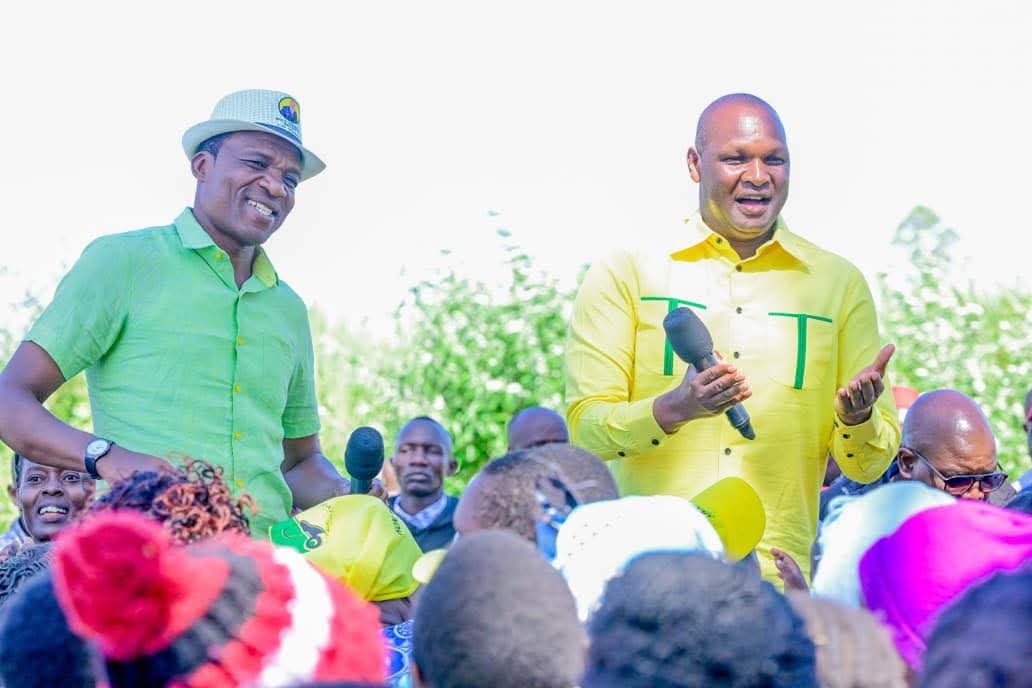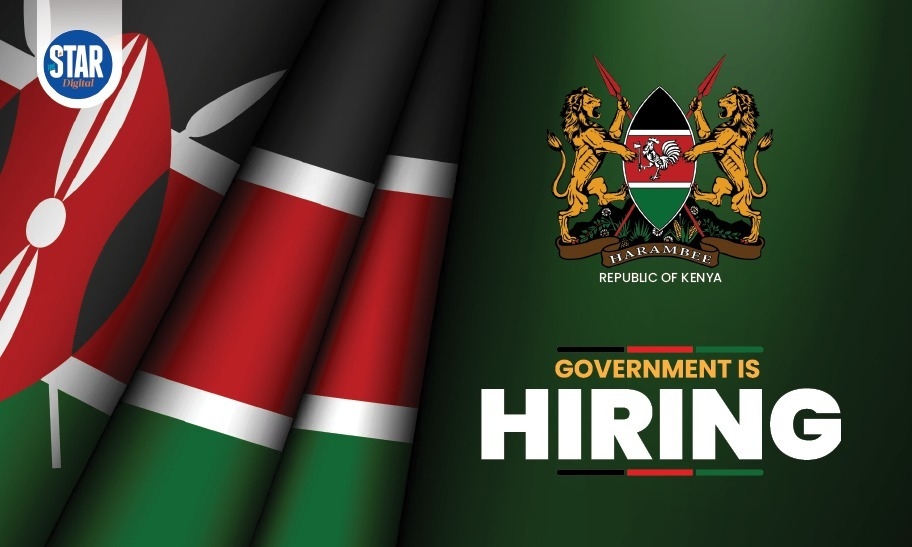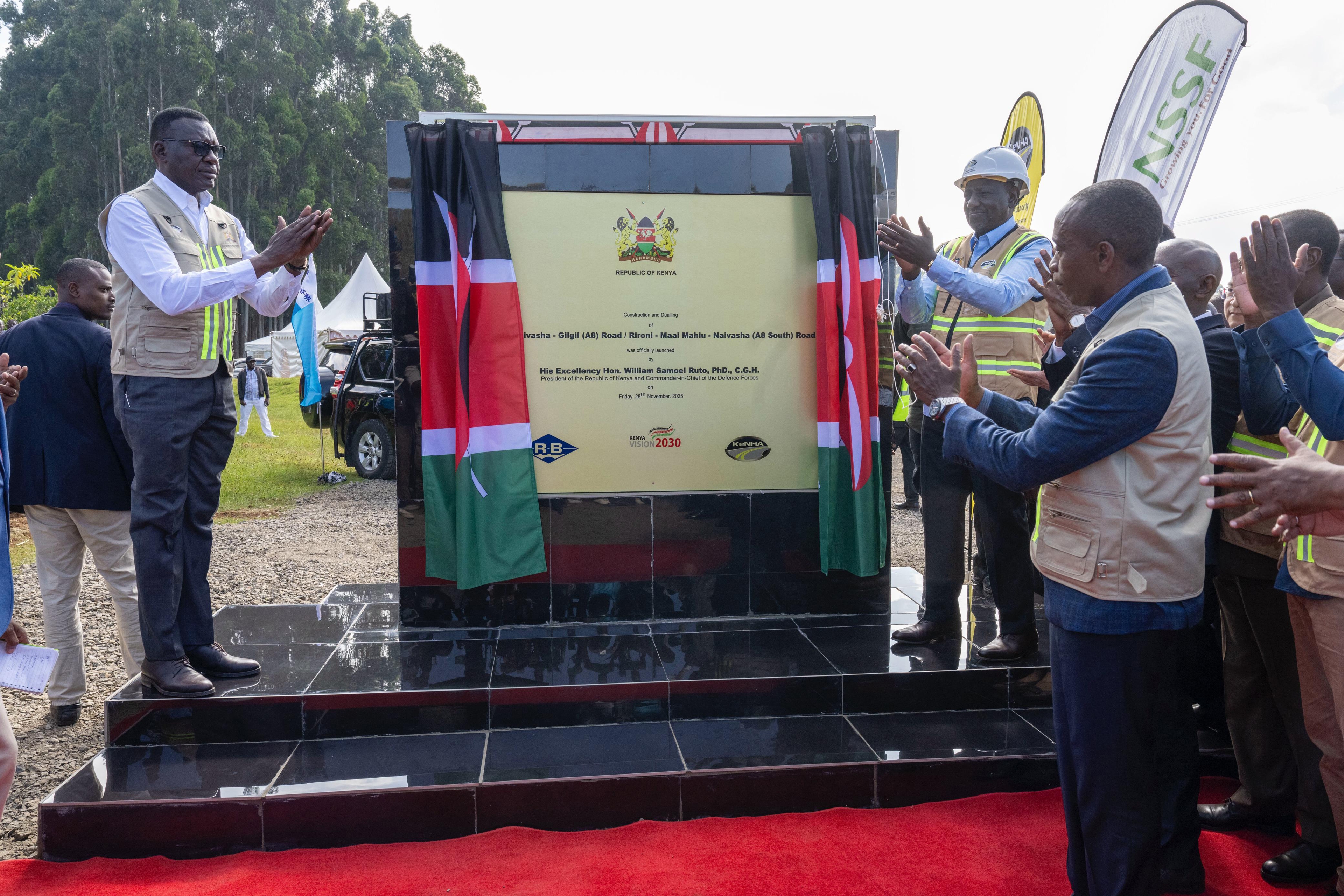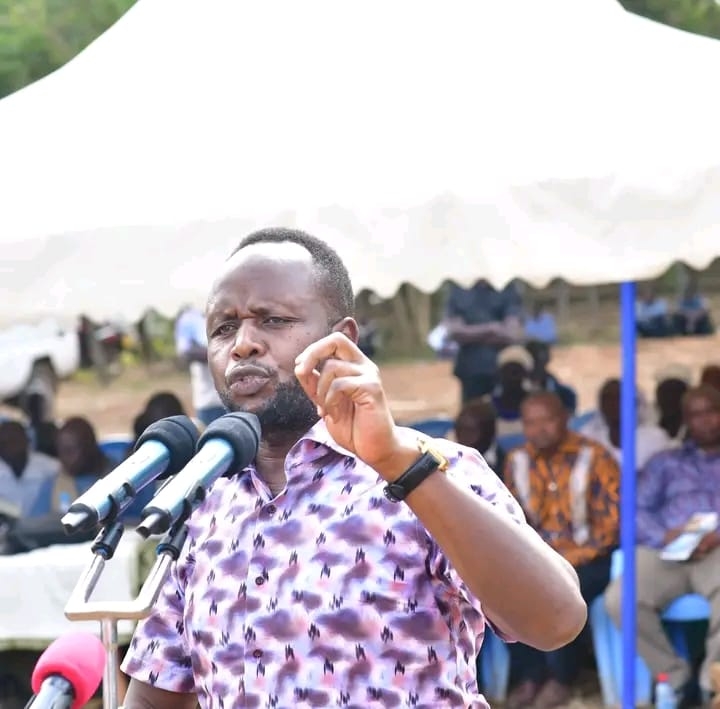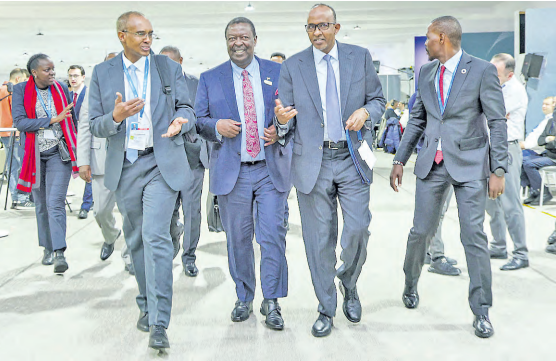
A disagreement over a new finance goal by developing countries has thrown the ongoing climate talks into disarray.
Parties at the COP29 could not agree on the draft text on the New Collective Quantified Goal on Climate Finance.
The new goal is being set from a floor of $100 billion per year that had been set earlier by developed countries but was not delivered.
Rich countries had pledged the amount per year to developing countries by 2020.
Parties at the ongoing climate conference in Baku, Azerbaijan rejected what would have formed the basis for a draft text to the new deal, slamming brakes on the talks.
The G77, China and the Arab group rejected the draft for inadequately reflecting their priorities, calling for a finance goal of at least $1.3 trillion per year dedicated to developing nations.
World leaders and negotiators are attending the United Nations Climate Change Conference, known as the 29th Conference of Parties.
Africa Group of Negotiators chair, Ali Mohamed, yesterday told the press that all is not lost.
The envoy said the initial draft did not take into consideration the issues of the developing world and the issues of Africa.
Mohamed, who doubles up as special climate change envoy of President William Ruto, said they expect a better draft text to guide the process after the initial one was rejected.
“The most critical issue here in Baku is the whole issue of the new finance goal. The G77 did not welcome the text that was shared on 15th by the co-chairs of New Collective Quantified Goal on Climate Finance and we are hoping that a new text will be out today (Wednesday),” Mohamed said.
Mohamed said there are commitments and obligations under the Paris Agreement and developed countries must lead in terms of provisioning the financing.
The NCQG was trying to redefine the articles of the Paris Agreement.
“And that is what we don’t want to be pre negotiated afresh, we cannot open the convention and agreement for negotiations.”
Kenya is among countries pushing to have more resources to address the impacts of climate change.
The delegation from the country is being led by Prime Cabinet Secretary Musalia Mudavadi, Environment cs Aden Duale and Environment PS Festus Ng’eno.
Kenya needs resources to build climate-resilient infrastructure, protect her agricultural sector and enhance water resources management.
Africa needs $1.3 trillion annually to address impacts of climate change.
Mohamed said adaptation is a very important issue for the continent, adding that the adaptation finance gap must be addressed.
Africa is also keen to tap into carbon credits as the continent awaits positive outcomes from the ongoing talks, which started on Monday.
The financial flows from developed countries must be sympathetic to the challenges that the continent faces, such as severe droughts, floods among others.
Kenya has just come out of one of the worst flooding following a terrible five seasons drought, and more than a million people are displaced in Western Africa.
“So, Africa is pushing for a commiserate goal of climate finance, you know, to the challenges that we face as a global community,” Mohamed said.
“We did commit during the Dubai’s conference that the world will be transitioning towards a low carbon and climate resilient development that requires investment and adequate and reliable financing. So that is what we are pushing for.”
There is a need to have a goal that is going to respond to the evolving needs of developing and vulnerable countries.
The climate envoy said countries are in agreement that trillions are needed to address the impacts of climate change.
“Of course, these figures have been given by many groups, and it is in the figure in the sum of trillions of dollars, and that is the discussion that is currently going on, and there’s no contention about the magnitude of the amounts required for the global community to transition, and that is what Africa and the other development countries initially.”
However, who will provide resources, when and how such resources will be availed remains a sticky issue.
“It is in trillions of dollars that is agreeable to all, but how, where, by whom, that is the discussion that’s currently ongoing, what you see as the biggest obstacles in the way of getting to a good outcome.”
On Tuesday, Mudavadi said there is need to scale up resources flowing into the African continent.
“The flow of resources is very
important and we hope that out of
this COP, we will perhaps, at the
next session, be able to see out of
the commitments that were made,
let us see what were the actual
disbursements to support climate
related action in all these countries,
and even have a tabulation where
we can see that out of those
commitments, so much went to
Africa,” Musalia told the press
shortly after the high level meeting.





